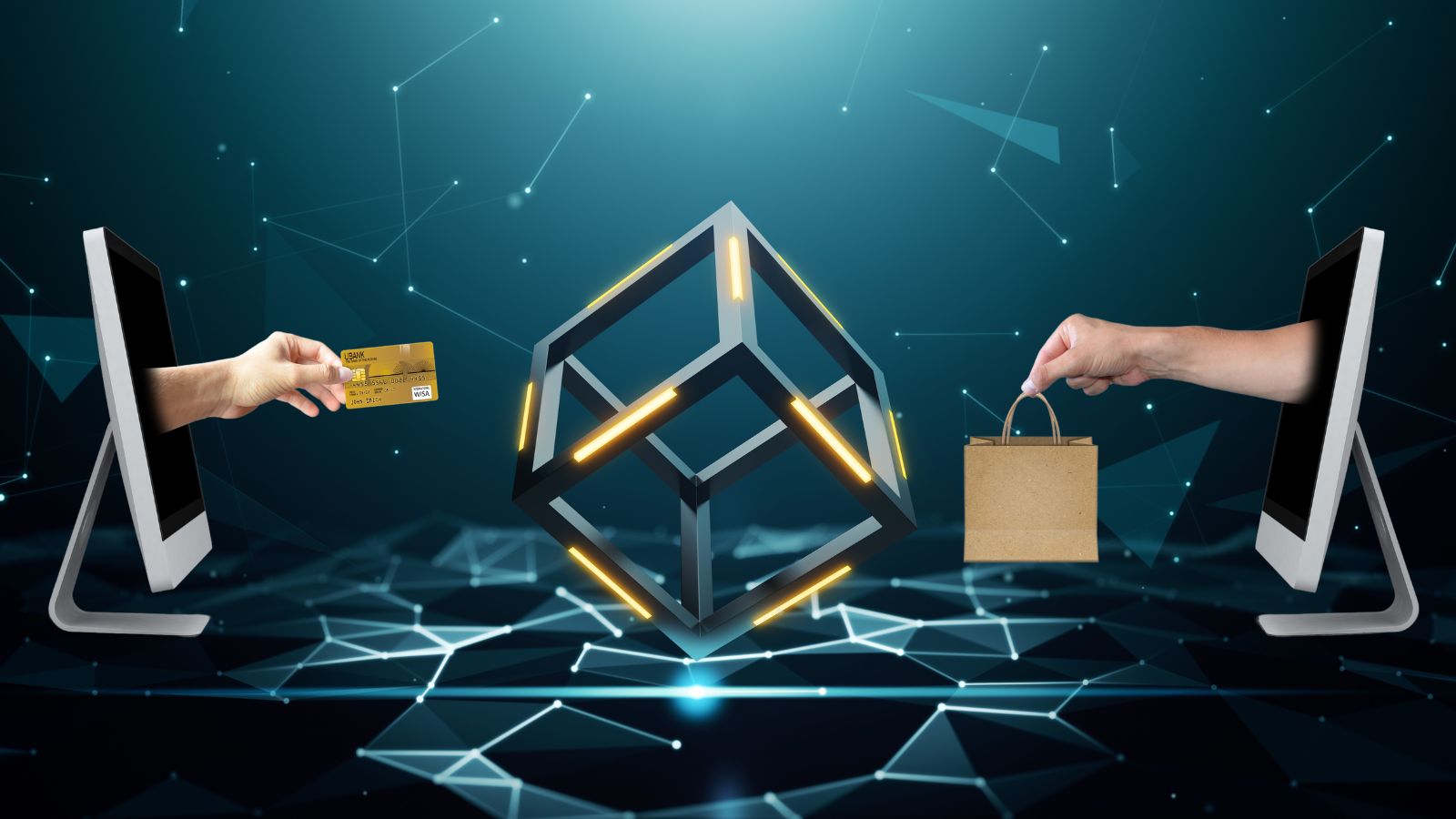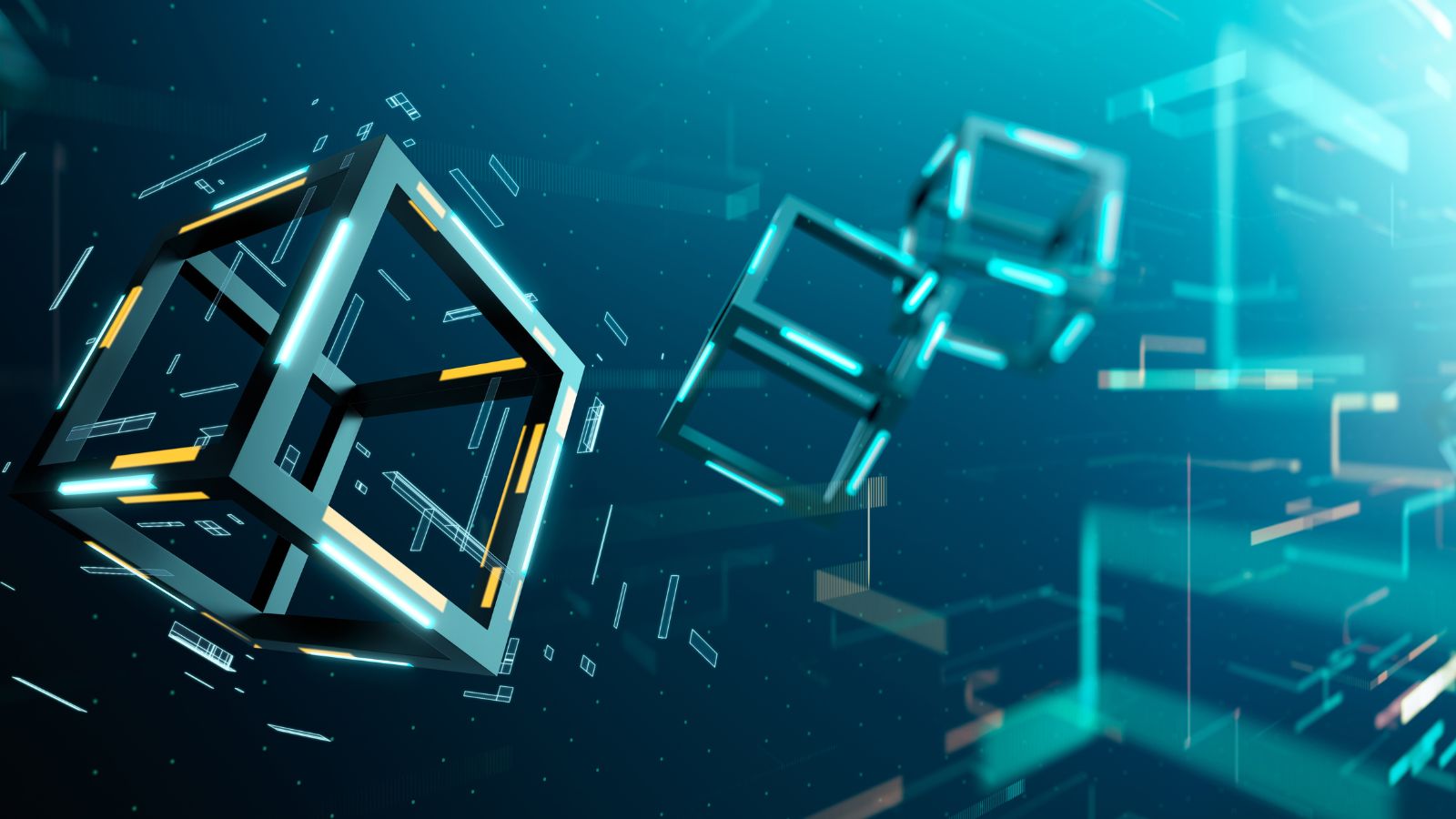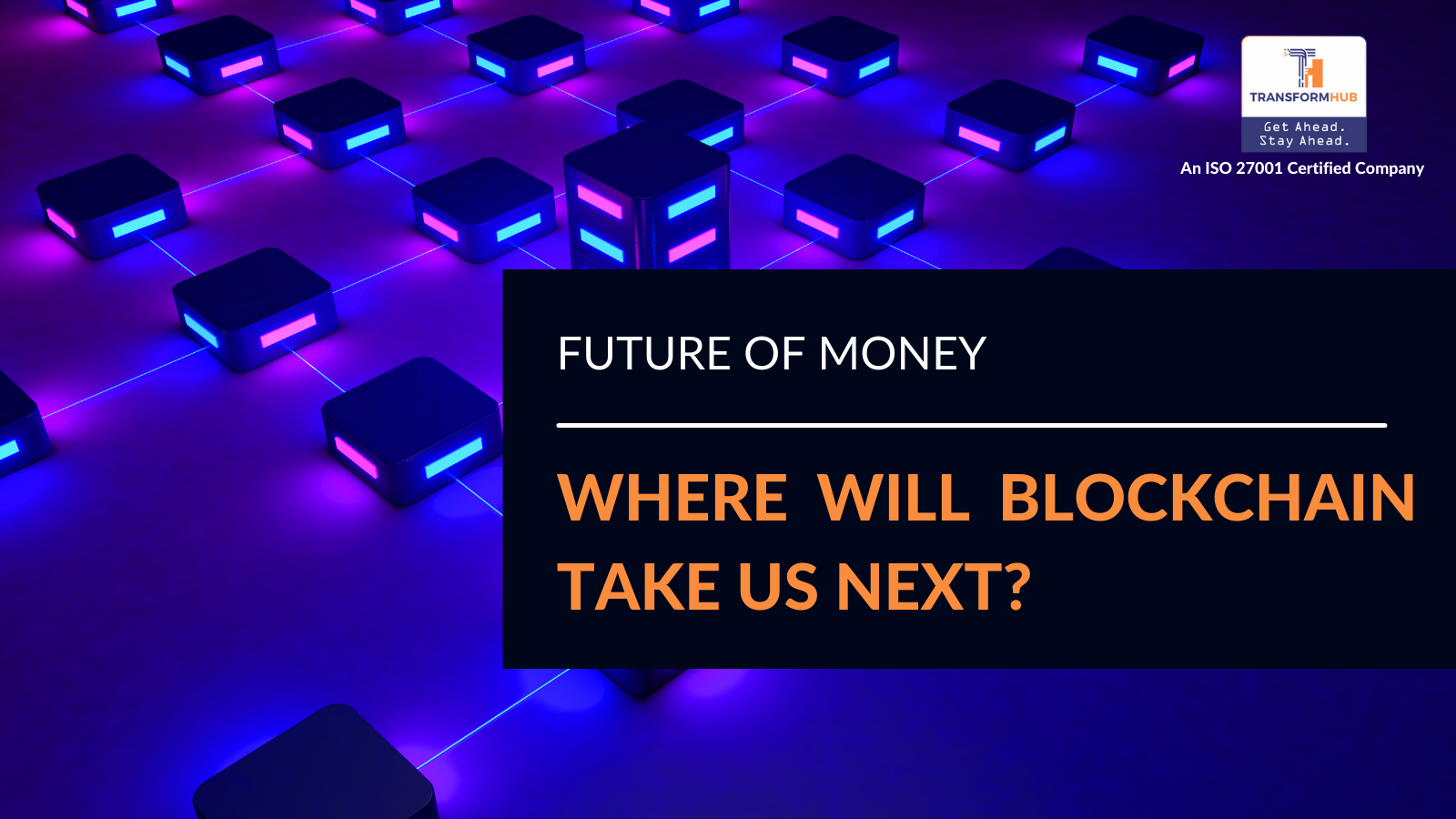Gen AI Raises Copyright Issues. Could Blockchain Solve Them?
In the digital age, where technology rapidly advances and artificial intelligence (AI) becomes increasingly sophisticated, the landscape of copyright issues is evolving. With the emergence of what is often referred to as "Gen AI" - a generation of AI systems capable of creating content autonomously - questions about copyright ownership and protection have become more complex than ever before. In this blog post, we'll delve into the challenges posed by Gen AI to copyright laws and explore how blockchain technology could potentially offer solutions to these challenges.
The Rise of Gen AI and Copyright Concerns
Gen AI represents a significant leap forward in AI capabilities. These AI systems can generate a wide range of content, including articles, music, artwork, and even software code, without direct human intervention. While this technology offers numerous benefits, such as increased efficiency and productivity, it also raises thorny issues surrounding copyright ownership and infringement.
One of the primary concerns is determining who holds the copyright to content created by AI. Traditionally, copyright law grants ownership to the human creator of a work. However, in the case of content generated by AI, there may be no clear human creator involved. This ambiguity opens the door to legal disputes over ownership rights, potentially leading to a situation where AI-generated content falls into a legal gray area.
Furthermore, the ease and speed with which AI can produce content make it difficult to monitor and enforce copyright laws effectively. With vast amounts of content being generated every day by AI systems, identifying instances of copyright infringement becomes a daunting task for content creators and rights holders.
The Role of Blockchain in Copyright Protection
Blockchain technology, best known as the underlying technology behind cryptocurrencies like Bitcoin, has gained attention in recent years for its potential applications beyond finance. One area where blockchain shows promise is in the realm of copyright protection.
At its core, blockchain is a decentralized and immutable ledger that records transactions across a network of computers. Each transaction, or "block," is cryptographically linked to the previous one, creating a secure and tamper-resistant record of data. This inherent transparency and security make blockchain an ideal candidate for addressing copyright issues in the digital age.
So, how exactly could blockchain help solve copyright issues related to Gen AI? Here are a few ways:
- Immutable Ownership Records
Blockchain technology can be used to create immutable records of copyright ownership. When a human creator produces content, they can register it on a blockchain, creating a timestamped and tamper-proof record of their ownership rights. This provides a clear and indisputable proof of ownership, which can help resolve disputes over copyright infringement.
- Smart Contracts for Royalty Distribution
Smart contracts, self-executing contracts with the terms of the agreement directly written into code, can be used to automate royalty payments to content creators. For example, when AI-generated content is licensed or used by third parties, smart contracts can ensure that the appropriate royalties are automatically distributed to the rightful owners, based on the terms of the contract recorded on the blockchain.
- Content Attribution and Tracking
Blockchain technology can also be used to track the provenance of content and ensure proper attribution to the original creators. By recording metadata such as authorship, creation date, and usage rights on a blockchain, content can be traced back to its source, even as it is shared and repurposed across different platforms and mediums.
- Decentralized Copyright Management
Traditional copyright management systems are often centralized, relying on intermediaries such as collecting societies and licensing agencies to administer rights and royalties. Blockchain technology offers the possibility of decentralizing copyright management, allowing creators to directly manage and monetize their content without the need for intermediaries.
Challenges and Limitations
While blockchain holds promise for addressing copyright issues in the age of Gen AI, it is not without its challenges and limitations. One of the primary challenges is adoption and interoperability. For blockchain-based copyright solutions to be effective, they need widespread adoption across the creative industry and interoperability with existing systems and platforms.
Additionally, there are technical hurdles to overcome, such as scalability, privacy, and regulatory compliance. Blockchain networks must be capable of handling large volumes of transactions efficiently while ensuring the privacy of sensitive data and complying with relevant laws and regulations, such as the General Data Protection Regulation (GDPR).
Moreover, blockchain technology alone cannot solve all copyright-related challenges. It must be complemented by legal frameworks and enforcement mechanisms to provide a comprehensive solution to copyright protection in the digital age.
Conclusion
The rise of Gen AI poses significant challenges to traditional copyright laws and enforcement mechanisms. As AI systems become increasingly capable of autonomously generating content, questions about ownership, attribution, and protection of intellectual property rights become more pressing than ever before.
Blockchain technology offers a promising avenue for addressing these challenges by providing immutable ownership records, automating royalty payments, tracking content provenance, and decentralizing copyright management. However, it is essential to recognize that blockchain is not a panacea and must be complemented by legal and regulatory measures to ensure effective copyright protection in the digital age.
As we continue to navigate the complexities of copyright issues in the era of Gen AI, collaboration between technology innovators, legal experts, content creators, and policymakers will be crucial in developing solutions that strike the right balance between fostering innovation and protecting intellectual property rights. By harnessing the potential of blockchain and other emerging technologies, we can pave the way for a more transparent, efficient, and equitable copyright ecosystem for all stakeholders involved.
Share this
You May Also Like
These Related Stories

Revolutionizing eCommerce Using Blockchain Technology

Significance of Blockchain and Crypto in Fintech Apps




